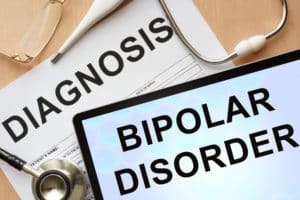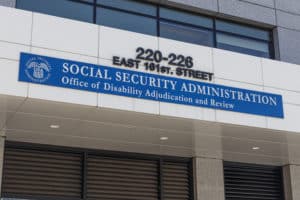Having a bipolar disorder is more than just typical mood swings. It also disrupts a person’s daily life. This is why seeking effective treatment is necessary.
But with a number of options available, the question becomes what is the most effective treatment for bipolar disorder? What’s most effective really depends on your specific situation. Only an evaluation from an expert can find the best option for you. That said, we will look at the treatments options that are generally considered the most effective.
What Is the Most Effective Treatment for Bipolar Disorder?
Currently, the most effective treatment for those who are suffering from bipolar disorder is a mix of proper medication and psychotherapy. Most of the time, those with bipolar are prescribed with more than just one drug.
Treatments for bipolar should also be continuous, no matter what the person is feeling. Continuous and consistent medication helps keep symptoms under control.
After experiencing an acute episode of bipolar, a person can still relapse for about 4-6 months. This is why it is important to have proper medication and ongoing psychotherapy as maintenance.
And even after 4-6 months, a person is still at risk of experiencing future episodes. In fact, those who have experienced two or more manic episodes are often diagnosed with lifetime bipolar disorder.
This means that that person should have maintenance therapy in order to minimize the risk for future episodes. Usually, doctors prescribe mood stabilizers during the acute phase of the disorder. And after that, drug therapy must continue indefinitely.
Even if the person has not experienced any bipolar symptoms for months, it’s important to continue with the medication. Only the doctor can allow discontinuation of medications or lower the doses.
The type of medication doctors prescribe will depend on a number of factors. This includes the severity of the disorder and the episodes, the type of bipolar, the length of each episode, and the state of a person’s mental health.
Research-Based Interventions
In addition to prescriptions and therapy, a person with bipolar disorder may also benefit from the following:
Motivational Interviewing
This is a collaborative approach where a therapist and the patient work together to help the patient define sources of motivation and achieve goals. It’s a positive approach to treat individuals recover
Solution-Focused Therapy or SF
This is another practical, client-centered form of intervention. With this approach, a person who suffers from a mental illness can set specific goals and work to achieve them. It focuses more on the solutions rather than the origins.
Cognitive Behavioral Therapy or CBT
CBT, on the other hand, is a form of intervention where the therapist addresses the thought patterns and destructive behaviors of a client. This way, the client learns how to identify the self-defeating thoughts and replace them with more positive coping strategies.
More on Bipolar Disorder
This article is part of our guide to bipolar disorder treatments, symptoms, causes and more.
Check out the next topic in our guide, can you get disability for bipolar?








